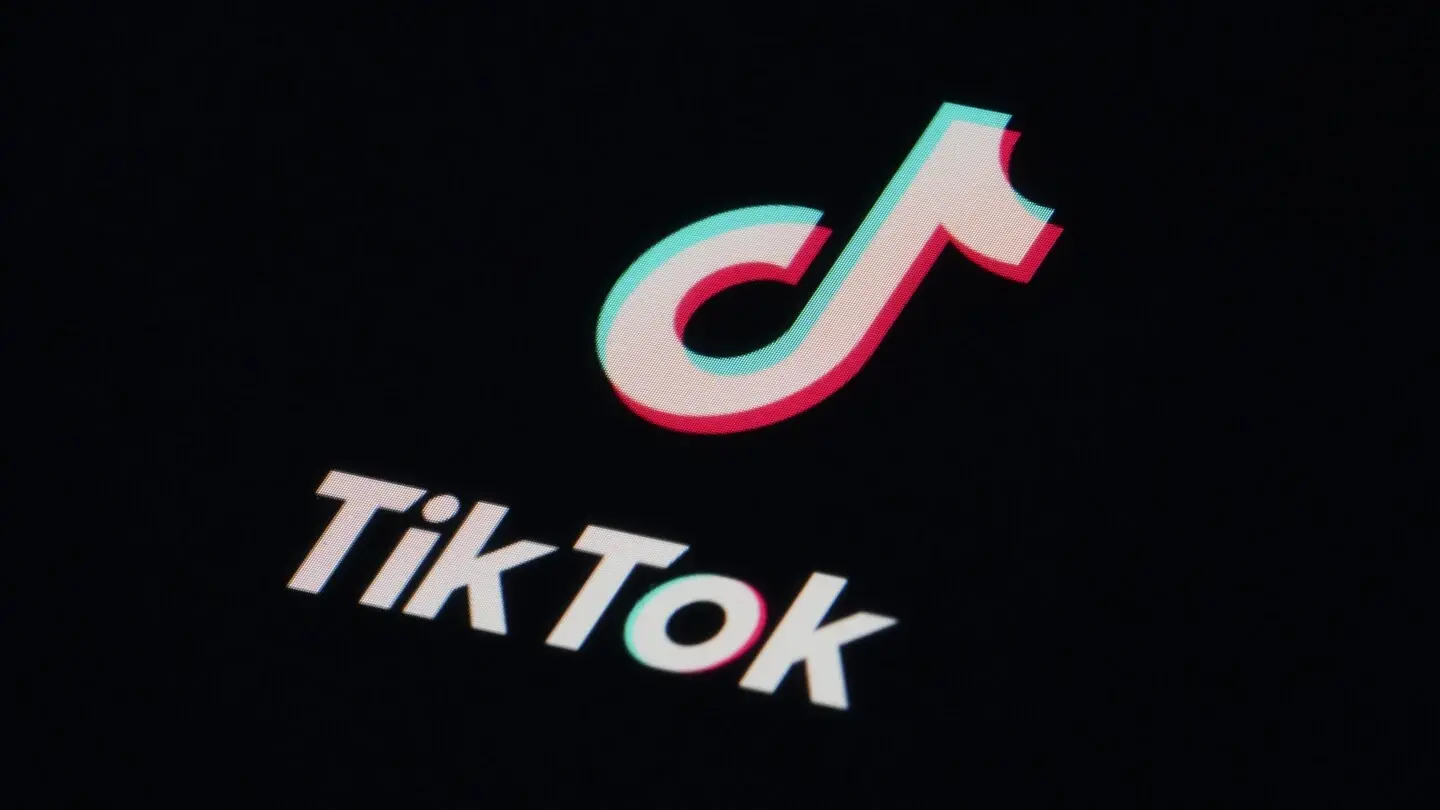Among others, the social media company, which is owned by Beijing-based ByteDance, has removed certain hashtags from the Creative Center that some online researchers had stored for analysis. They include topics that would be seen as controversial to the Chinese government – such as “UyghurGenocide” and “TiananmenSquare”- as well as hashtags about U.S. politics and the war in Gaza and Ukraine.
Man locks the front door to his house after refusing to answer the question, “Why do you beat your wife?”
Looks like Meta is using some of the stock price increase from the past few months to fund their media marketing campaign again.
It’s an election year. We are going to hear more about this and omg China.
Just remember that unlike Insta and FB the far right doesn’t go viral on TikTok. The platform that supported insurrection, the company that has allowed the far right to flourish and led to a direct assault on representative democracy, remains unpunished and is bigger today than 2020.
Just something like that?
TikTok is still home to ridiculous (and even deadly) misinformation, especially vaccine related misinformation, and it’s still a corporation that makes billions of dollars per year. They also have a history of a litany of issues with LGBTQ users. It’s kind of ridiculous to compare scientific study of it as a social platform to invading the home of a private citizen.
🤖 I’m a bot that provides automatic summaries for articles:
Click here to see the summary
NEW YORK (AP) — TikTok has restricted one tool researchers use to analyze popular videos, a move that follows a barrage of criticism directed at the social media platform about content related to the Israel-Hamas war and a study that questioned whether the company was suppressing topics that don’t align with the interests of the Chinese government.
TikTok’s Creative Center – which is available for anyone to use but is geared towards helping brands and advertisers see what’s trending on the app – no longer allows users to search for specific hashtags, including innocuous ones.
The social media company, which is owned by Beijing-based ByteDance, has also removed certain hashtags from the Creative Center that some online researchers had stored for analysis.
“Unfortunately, some individuals and organizations have misused the Center’s search function to draw inaccurate conclusions, so we are changing some of the features to ensure it is used for its intended purpose,” TikTok spokesperson Alex Haurek said in a prepared statement.
The New York Times first reported on the changes, which came to light last week in an addendum to a study published in December by the Network Contagion Research Institute at Rutgers University.
Haurek, the TikTok spokesperson, has disputed the report’s findings, saying it uses flawed methodology and fails to take into account that hashtags are created by users, not the company.
Saved 47% of original text.



